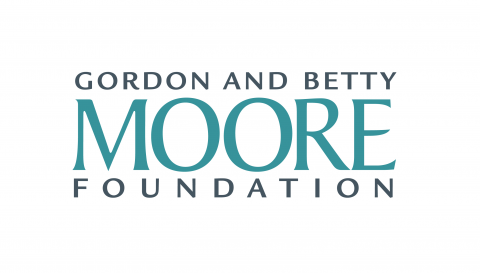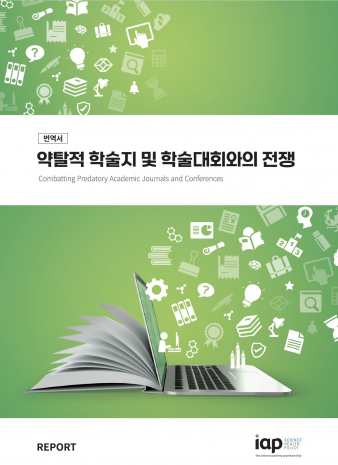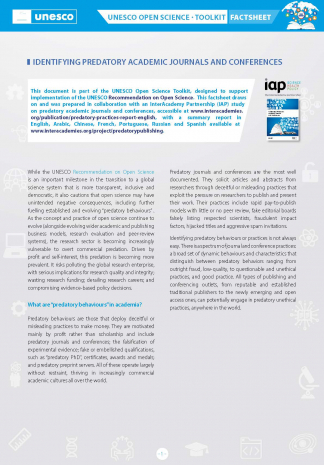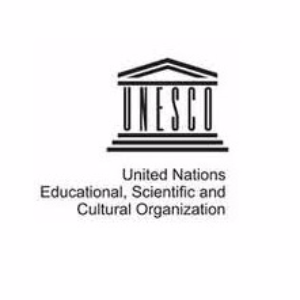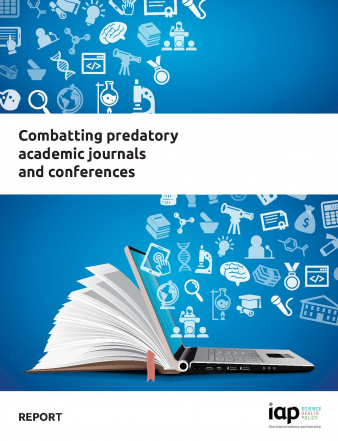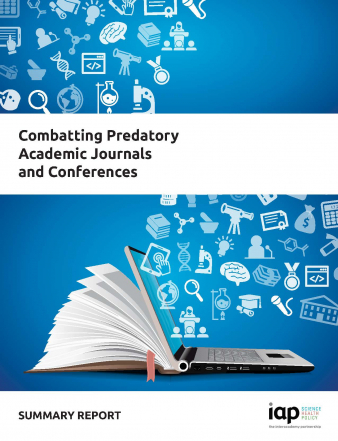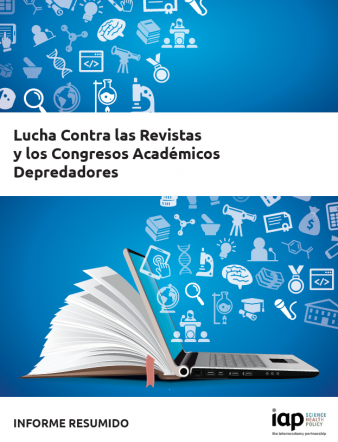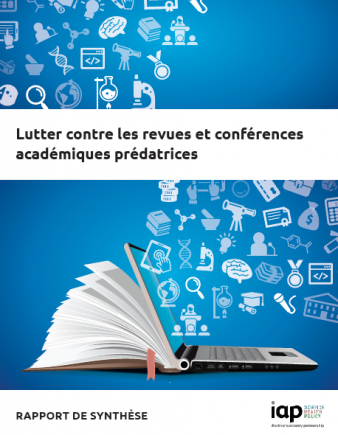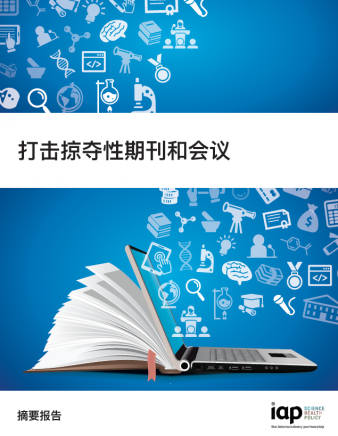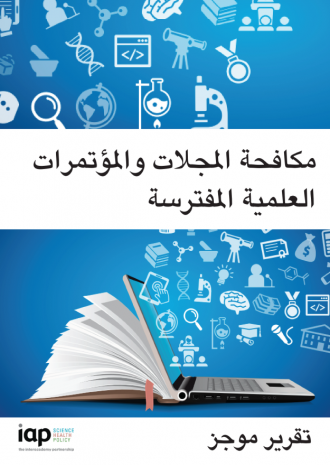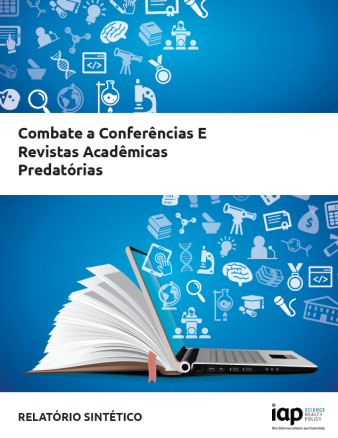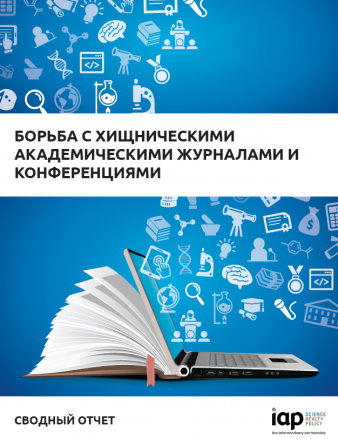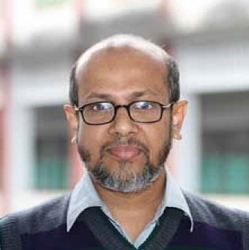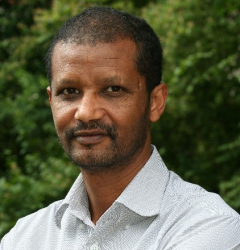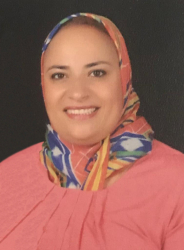Combatting Predatory Academic Journals and Conferences
Overview
Report
Download and read the new IAP report, 'Combatting Predatory Academic Journals and Conferences' at the links below, with summaries available in 7 languages! If citing the report, please use the following language: “This work is copyright of the InterAcademy Partnership (IAP) and is licensed under Creative Commons Attribution 4.0 International. The full report (in English) can be found at https://www.interacademies.org/publication/predatory-practices-report-English."
Response from MDPI Regarding IAP's Report on Predatory Journals
We have received a formal response from the Multidisciplinary Digital Publishing Institute (MDPI) addressing concerns raised in the IAP's report "Combatting Predatory Academic Journals and Conferences." MDPI has provided detailed clarifications about their review process and ethical standards. In the interest of transparency and providing a balanced view, we are sharing their response letter, available as a PDF document here.
Report Launch
A recording of the launch event webinar held March 16 is now available. Thank you to the ~400 attendees and speakers who participated!
Project Background
Predatory journals, publishers and conferences are on the rise and becoming increasingly sophisticated. These practices prey on the pressure researchers feel to publish and present their work, and include pay-to-publish/present models without peer review, fake editorial boards listing respected scientists, fraudulent impact factors, journal and conference names deceptively similar to those of legitimate ones, and spam invitations to sham conferences with high registration fees.
Led by an independent working group of international experts nominated by academies around the world, this IAP study set out to improve the understanding of what constitutes predatory practices, gauge their prevalence and impact, identify their root causes, and review efforts to address them. A key part of the study has been a voluntary survey of the global research community to gauge the awareness, extent and impact of predatory journals and conferences across different geographies, disciplines and career stages. Additionally, the study has hosted a series of stakeholder consultations by sector, and a programme of regional webinars partnership with the IAP Regional Networks (AASSA, EASAC, IANAS and NASAC), the Global Young Academy (GYA), and The World Academy of Sciences (TWAS).
IAP grant programme for raising awareness and understanding of predatory journals and conferences
Recognising an urgent need to raise awareness of predatory journals and conferences around the world, the IAP study funded local projects to do just this, in ways that were most effective in their own national and regional contexts.
Through a competitive process that generated a lot of interest, six academies were funded: the National Young Academies of Bangladesh (NYAB) and Nepal (NAYAN) and the National Academies of the Czech Republic, Guatemala, Nigeria and Sudan. Their awareness-raising efforts have included:
- Hosting webinars and conferences for researchers, and round tables with policymakers, HEI leaders and promotion boards
- Surveying research communities
- Developing online teaching and training modules and courses
- Preparing policy briefs and recommendations
- Using social media creatively – videos, infographics etc
- Prizes for short-writing on the issue.
To find out more about these activities, you can follow the links below. They may inspire other academies to start their own initiatives or to get in touch with the project leads to learn from them or perhaps even seek their permission to use their materials. At the very least, all IAP member academies are encouraged to alert their fellows/academicians to this issue, especially those who mentor/supervise early career researchers. Good luck!
NATIONAL YOUNG ACADEMY OF BANGLADESH: https://nyabangladesh.org/home-basic/iap-project/
CZECH REPUBLIC ACADEMY OF SCIENCES: https://www.stoppredatorypractice.com/
ACADEMIA DE CIENCIAS MEDICAS, FISICAS Y NATURALES DE GUATEMALA: Video of its workshop at Importancia de las publicaciones en el ámbito científico: formatos, accesos y alcances - YouTube
NATIONAL YOUNG ACADEMY OF NEPAL: NaYAN - Awareness on Predatory Practices (youngacademynepal.org)
NIGERIAN ACADEMY OF SCIENCE: Video of webinar at NAS Webinar Series - Predatory Academic Practices in Nigeria: Combatting the Scourge - YouTube
SUDAN NATIONAL ACADEMY OF SCIENCES: Online course at https://lms.uofk.edu/course/index.php?categoryid=1334 (Guest access and key: uofk)
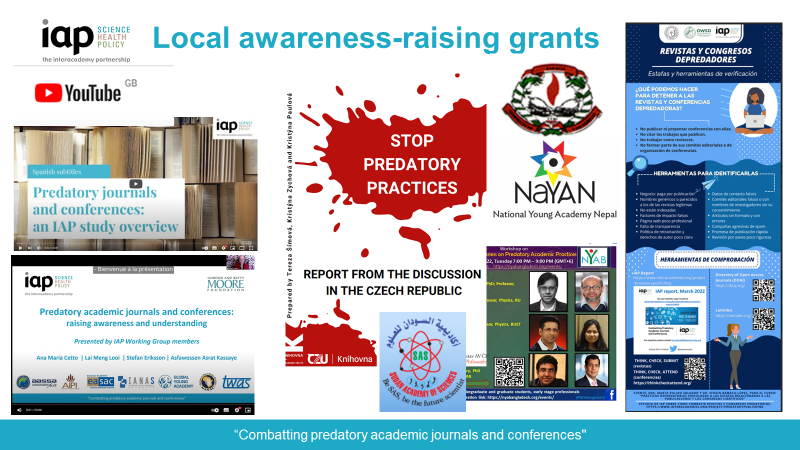
Project
Publications
Project
Updates
People and Institutions
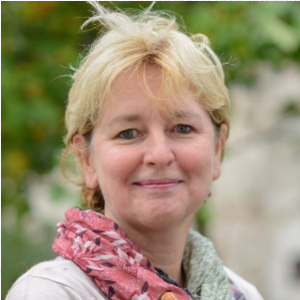
Resources
Other resources
This video is a recording of the IAP “Combatting Predatory Academic Journals and Conferences” Report Launch webinar which took place on Wednesday March 16, 2022. It includes an overview of the IAP study on predatory academic journals and conferences as well as recommendations for, and responses from stakeholder communities. View here: https://youtu.be/G88WvDjv7n4.
This video contains an introduction to predatory journals and conferences, objectives of the IAP study and results of global survey, key conclusions, recommendations, and next steps as well as common traits of predatory journals and conferences, some guides and tools already available, and a new spectrum approach. View here: https://youtu.be/_grLUgdZiI8.
This video contains an introduction to predatory journals and conferences, objectives of the IAP study and results of global survey, key conclusions, recommendations, and next steps as well as common traits of predatory journals and conferences, some guides and tools already available, and a new spectrum approach. View here: https://youtu.be/Sp27kzL1TLQ
This video contains an introduction to predatory journals and conferences, objectives of the IAP study and results of global survey, key conclusions, recommendations, and next steps as well as common traits of predatory journals and conferences, some guides and tools already available, and a new spectrum approach. View here: https://youtu.be/TtKZ-yEyREU
This video contains an introduction to predatory journals and conferences, objectives of the IAP study and results of global survey, key conclusions, recommendations, and next steps as well as common traits of predatory journals and conferences, some guides and tools already available, and a new spectrum approach. View here: https://youtu.be/o8MEDTtV76Y
Find out more about the IAP survey on predatory academic journals and conferences:
https://www.interacademies.org/IAPsurvey
Key resources for identifying predatory journals:
Think.Check.Submit: https://thinkchecksubmit.org/
![]()
Follow on Twitter: @thinkchecksub
Key resources for identifying predatory conferences:
Think.Check.Attend: https://thinkcheckattend.org/

Follow on Twitter: @ThinkCheckAtt

